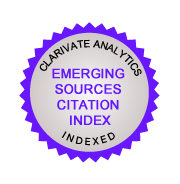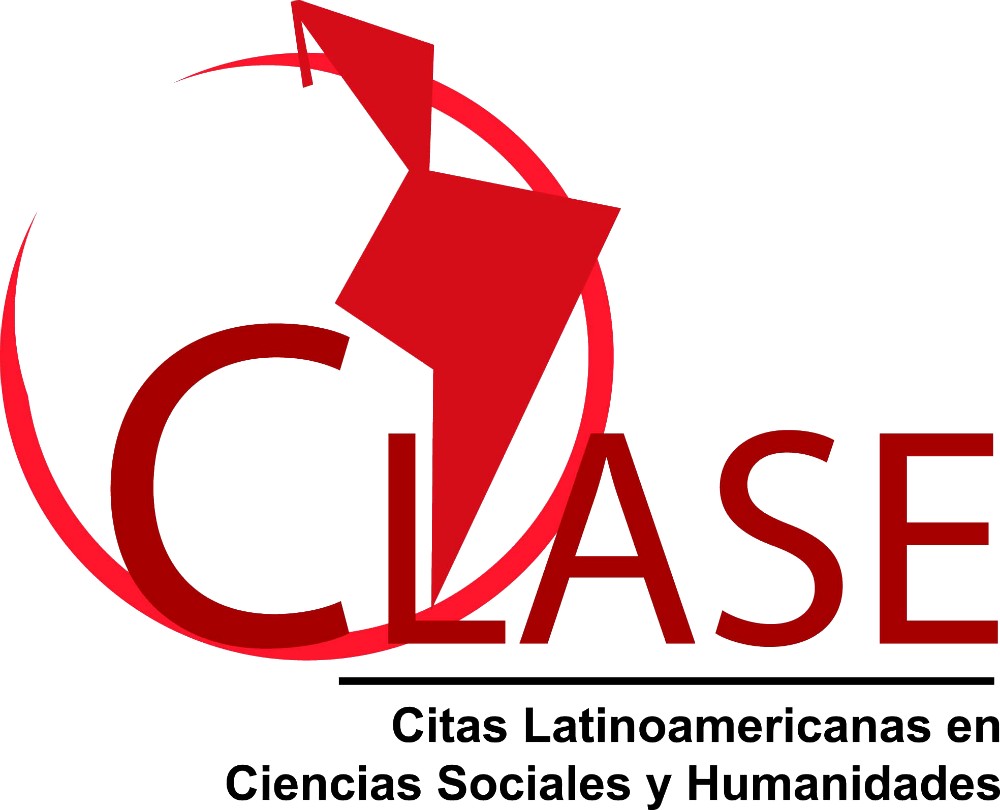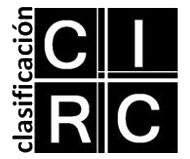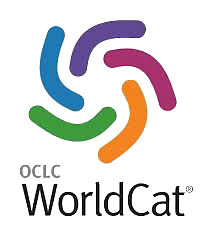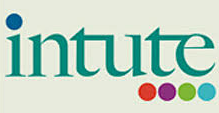Communication and Common Sense in Latin American societies
Social deconstructions and forms of organization based on Communication
DOI:
https://doi.org/10.24215/16696581e463Keywords:
Political Communication, Common Sense, Latin AmericaAbstract
The notions about Common Sense and Democratic Societies are approached from communicational elements that allow interpreting multidimensional social reality, deconstructing it, proposing its reconfiguration and articulating Communication as a source of social transformation. A differentiation of matrices, approaches and communicational approaches is developed that allow understanding each communicational element based on specific goals and objectives of a quantitative and qualitative order. Communication management strategies inherent to the various forms of popular organization are proposed that allow to improve democratic participation through communicational elements, understanding that the Common Sense of societies is in permanent dispute, construction and reconfiguration around the sense of time and the particular historical moments. Notions of interpretation of Latin American social reality are provided from the Communication, but also proposals for transformation, understanding that Latin American societies are heterogeneous and very different from continental European and Anglo-Saxon societies. Communication is focused through its communicational strategies as primary for interpretation and social transformation, not as accessory as it is theorized from Critical Thinking. At the same time, all the work reveals that it is not only the hegemonic means of communication, nor exclusively the politicians, the only common sense-building actors in societies.
Downloads
References
Althusser, L. (1988). La filosofía como arma de la revolución. México. Pasado y Presente.
Beltrán, L. (1982). Premisas, objetivos y métodos foráneos en la investigación sobre comunicación en América Latina. España. Editorial Gustavo Gili.
Berlo, D. (1984). El proceso de la comunicación. Argentina. El ateneo.
Bourdieu, P. (2000). Cuestiones de sociología. España. Akal.
Dussel, E. (2012). ¿Estado o Comunidad? Bolivia. Grito del sujeto.
Foucault, M. (1978). Microfísica del Poder. España. La Píqueta.
García, N. (1984). Hegemonía, consumo y nuevas formas de organización popular. Revista Latinoamericana de Ciencias Sociales “Nueva Sociedad”, pp.69-78.
Hernández, M. (1999). Los efectos teoría y práctica. Trabajos prepublicados del 41° Congreso de la API. Chile. Ponencias oficiales.
Kuhn, T. (1971). La estructura de las revoluciones científicas. México. Fondo de Cultura Económica.
Marcuse, H. (1964). El hombre unidimensional. Estados Unidos. Beacon Press.
Massoni, S. (2011). Comunicación estratégica Comunicación para la innovación. Rosario. Argentina. Homo Sapiens Ediciones.
Mcquail, D. (1985). Introducción a la teoría de la comunicación de masas. Barcelona. España. Paidós.
Mora Y Araujo, M. (2005). El poder de la conversación. Elementos para una teoría de la opinión pública. Argentina. La Crujía.
Portantiero, J. (1978). Los usos de Gramsci. México. Folios.
Wagensberg, J. (2014). El pensador intruso. España. Tusquets.
Downloads
Published
How to Cite
Issue
Section
License
La aceptación de un original por parte de la revista implica la cesión no exclusiva de los derechos patrimoniales de los/as autores/as en favor del editor, quien permite la reutilización, luego de su edición (postprint), bajo una Licencia Creative Commons Atribución-NoComercial-CompartirIgual 4.0 Internacional (CC BY-NC-SA 4.0)
Acorde a estos términos, el material se puede compartir (copiar y redistribuir en cualquier medio o formato) y adaptar (remezclar, transformar y crear a partir del material otra obra), siempre que a) se cite la autoría y la fuente original de su publicación (revista y URL de la obra), b) no se use para fines comerciales y c) se mantengan los mismos términos de la licencia.
La cesión de derechos no exclusivos implica que luego de su edición (postprint) en Question las/os autoras/es pueden publicar su trabajo en cualquier idioma, medio y formato; en tales casos, se solicita que se consigne que el material fue publicado originalmente en esta revista.
Tal cesión supone, también, la autorización de los/as autores/as para que el trabajo sea cosechado por SEDICI, el repositorio institucional de la Universidad Nacional de La Plata, y sea difundido en las bases de datos que el equipo editorial considere adecuadas para incrementar la visibilidad de la publicación y de sus autores/as.
Asimismo, la revista incentiva a las/os autoras/es para que luego de su publicación en Question depositen sus producciones en otros repositorios institucionales y temáticos, bajo el principio de que ofrecer a la sociedad la producción científica y académica sin restricciones contribuye a un mayor intercambio del conocimiento global.







